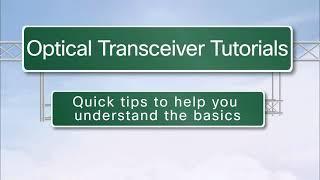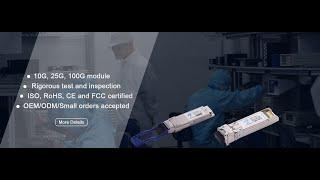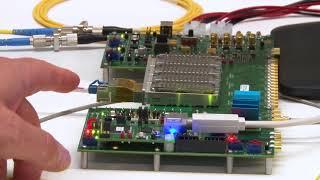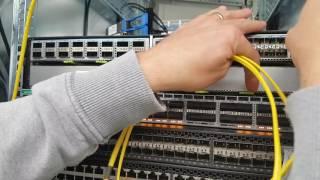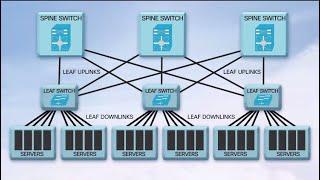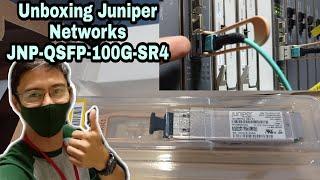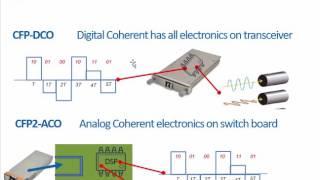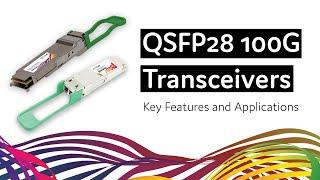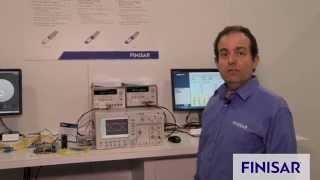This video shows you the steps to configure Telnet on Cisco Router or Cisco Switch using Cisco Packet Tracer.
✅ S U B S C R I B E ► http://goo.gl/8d0iG9
✅ Article ► https://www.sysnettechsolutions.com/en/configure-telnet-in-cisco-packet-tracer/
To configure #Telnet:
Step 1: If you have not installed the #PacketTracer before, please refer to Packet Tracer installation videos on Windows, Linux, and macOS High Sierra.
Windows ➦ https://www.youtube.com/watch?v=pNLhTixgCXg
Linux / Debian ➦ https://www.youtube.com/watch?v=aMnumAyFxCQ
Linux / Linux Mint ➦ https://www.youtube.com/watch?v=VRmN0pDgLgo
Linux / Ubuntu ➦ https://www.youtube.com/watch?v=rwGuAbiGPdc
macOS High Sierra ➦ https://www.youtube.com/watch?v=cXaqjFukSAI
Step 2: After installing it, add one Cisco Router, Cisco Switch, and PC to its workspace.
Step 3: Define an IP block for the LAN network.
Step 4: Assign the IP address to the Router's GigabitEthernet interface.
Step 5: Click PC and configure TCP/IP.
Step 6: To activate the Telnet service on the #router, execute the commands in the 2:20 time frame in the CLI respectively.
R1# conf t
R1(config)# line vty 0 4
R1(config-line)# login local
R1(config-line)# password telnet123
R1(config-line)# privilege levet 15
R1(config-line)# exit
R1(config)# username Cisco privilege 15 password cisco123
R1(config)# end
Step 7: After configuring Telnet, open the CMD command prompt on the PC.
Step 8: Use the telnet 192.168.1.1 command to connect to the Router over the CMD.
➦ telnet 192.168.1.1
Step 9: Connect to the Router by typing the username and password.
Step 10: You can now use Telnet to manage your network device over LAN or WAN.
Step 11: Do not forget to subscribe to our YouTube channel for more videos on Cisco networking training with Packet Tracer!
What is Telnet?
The Telnet protocol enables you to set up TCP/IP connections to a host. Telnet allows a person at one site to establish a TCP connection to a login server at another site and then passes the keystrokes from one device to the other. Telnet can accept either an IP address or a domain name as the remote device address.
Source: https://www.cisco.com/c/en/us/td/docs/switches/datacenter/nexus1000/sw/4_0/security/configuration/guide/n1000v_security/security_7telnet.html
────────BEST PRODUCT FOR CISCO TRAINING─────────
✅ Buy ► http://bit.ly/CiscoNetworkingEssentials
───────────────RELATED VIDEOS───────────────
➊ How to Configure Static NAT
➦ https://www.youtube.com/watch?v=ohvGuTPQ1SM
➋ How to Configure EIGRP
➦ https://www.youtube.com/watch?v=vhVmum82qjE
➌ How to Configure OSPF
➦ https://www.youtube.com/watch?v=xF4xd4cEDXg
➍ How to Configure PAT
➦ https://www.youtube.com/watch?v=uF-4cxIJQ_E
➎ How to Configure RIPv2
➦ https://www.youtube.com/watch?v=RwiKhrLkHgw
───────────────FOLLOW US───────────────────
✔ Facebook
➦ https://www.facebook.com/SysnettechSolutions/
✔ Twitter
➦ https://twitter.com/SysnettechS/
✔ Pinterest
➦ https://www.pinterest.com/SysnettechS/
✔ Instagram
➦ https://www.instagram.com/sysnettech_solutions/
✔ LinkedIn
➦ https://linkedin.com/in/tolqabaqci/
███████████████████████████████████████████
✅ S U B S C R I B E ► http://goo.gl/8d0iG9
✅ Article ► https://www.sysnettechsolutions.com/en/configure-telnet-in-cisco-packet-tracer/
To configure #Telnet:
Step 1: If you have not installed the #PacketTracer before, please refer to Packet Tracer installation videos on Windows, Linux, and macOS High Sierra.
Windows ➦ https://www.youtube.com/watch?v=pNLhTixgCXg
Linux / Debian ➦ https://www.youtube.com/watch?v=aMnumAyFxCQ
Linux / Linux Mint ➦ https://www.youtube.com/watch?v=VRmN0pDgLgo
Linux / Ubuntu ➦ https://www.youtube.com/watch?v=rwGuAbiGPdc
macOS High Sierra ➦ https://www.youtube.com/watch?v=cXaqjFukSAI
Step 2: After installing it, add one Cisco Router, Cisco Switch, and PC to its workspace.
Step 3: Define an IP block for the LAN network.
Step 4: Assign the IP address to the Router's GigabitEthernet interface.
Step 5: Click PC and configure TCP/IP.
Step 6: To activate the Telnet service on the #router, execute the commands in the 2:20 time frame in the CLI respectively.
R1# conf t
R1(config)# line vty 0 4
R1(config-line)# login local
R1(config-line)# password telnet123
R1(config-line)# privilege levet 15
R1(config-line)# exit
R1(config)# username Cisco privilege 15 password cisco123
R1(config)# end
Step 7: After configuring Telnet, open the CMD command prompt on the PC.
Step 8: Use the telnet 192.168.1.1 command to connect to the Router over the CMD.
➦ telnet 192.168.1.1
Step 9: Connect to the Router by typing the username and password.
Step 10: You can now use Telnet to manage your network device over LAN or WAN.
Step 11: Do not forget to subscribe to our YouTube channel for more videos on Cisco networking training with Packet Tracer!
What is Telnet?
The Telnet protocol enables you to set up TCP/IP connections to a host. Telnet allows a person at one site to establish a TCP connection to a login server at another site and then passes the keystrokes from one device to the other. Telnet can accept either an IP address or a domain name as the remote device address.
Source: https://www.cisco.com/c/en/us/td/docs/switches/datacenter/nexus1000/sw/4_0/security/configuration/guide/n1000v_security/security_7telnet.html
────────BEST PRODUCT FOR CISCO TRAINING─────────
✅ Buy ► http://bit.ly/CiscoNetworkingEssentials
───────────────RELATED VIDEOS───────────────
➊ How to Configure Static NAT
➦ https://www.youtube.com/watch?v=ohvGuTPQ1SM
➋ How to Configure EIGRP
➦ https://www.youtube.com/watch?v=vhVmum82qjE
➌ How to Configure OSPF
➦ https://www.youtube.com/watch?v=xF4xd4cEDXg
➍ How to Configure PAT
➦ https://www.youtube.com/watch?v=uF-4cxIJQ_E
➎ How to Configure RIPv2
➦ https://www.youtube.com/watch?v=RwiKhrLkHgw
───────────────FOLLOW US───────────────────
➦ https://www.facebook.com/SysnettechSolutions/
➦ https://twitter.com/SysnettechS/
➦ https://www.pinterest.com/SysnettechS/
➦ https://www.instagram.com/sysnettech_solutions/
➦ https://linkedin.com/in/tolqabaqci/
███████████████████████████████████████████
- Category
- Routers and Switches
Be the first to comment




